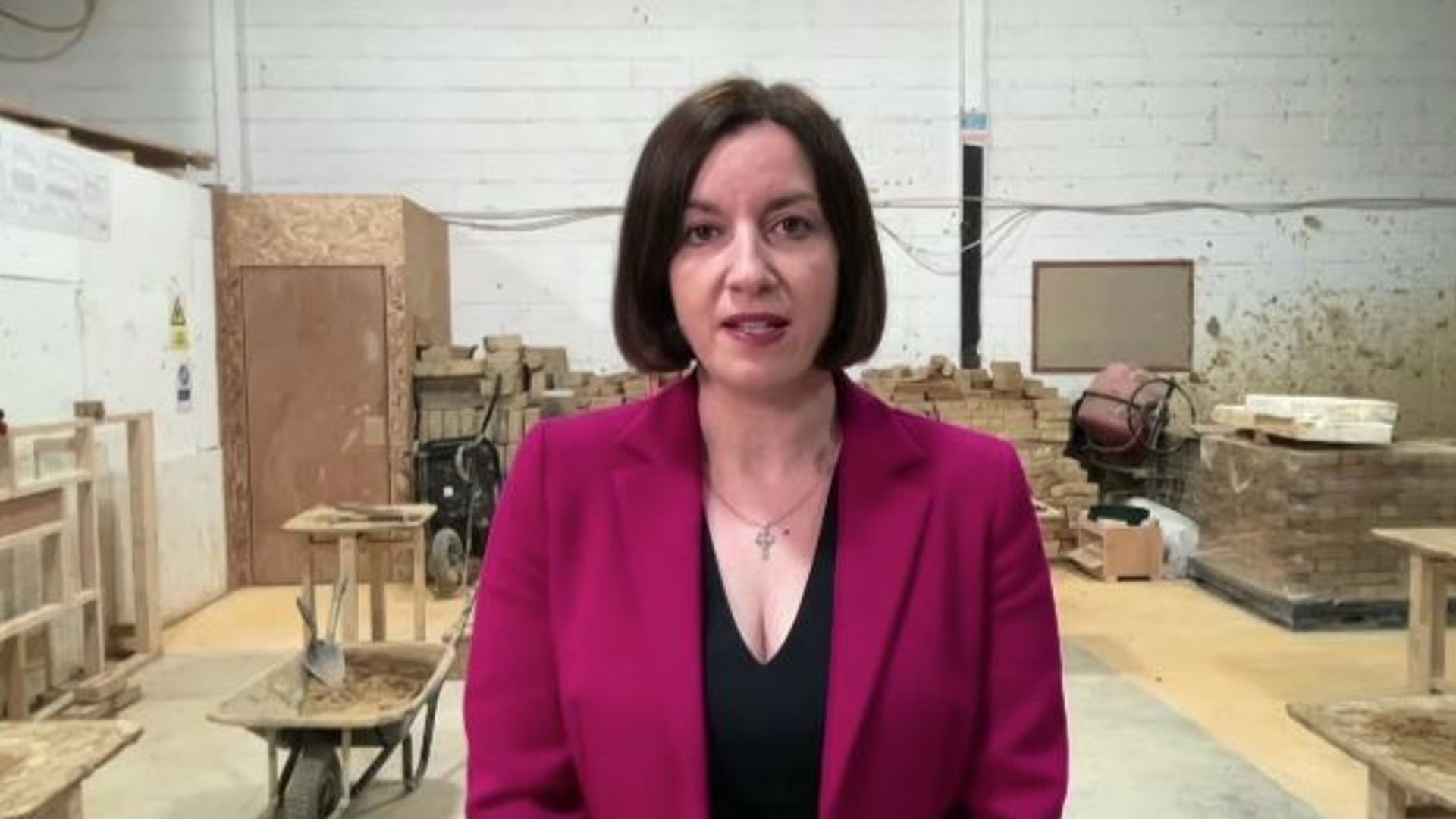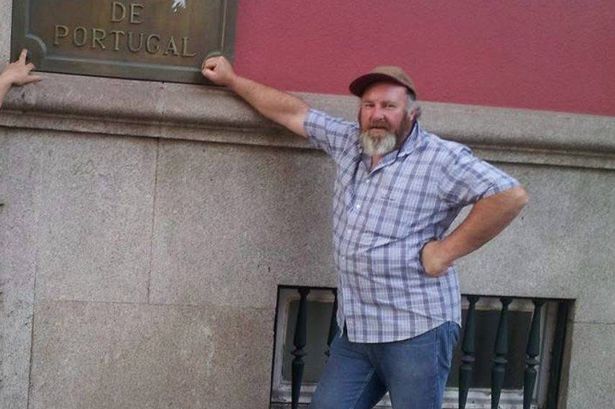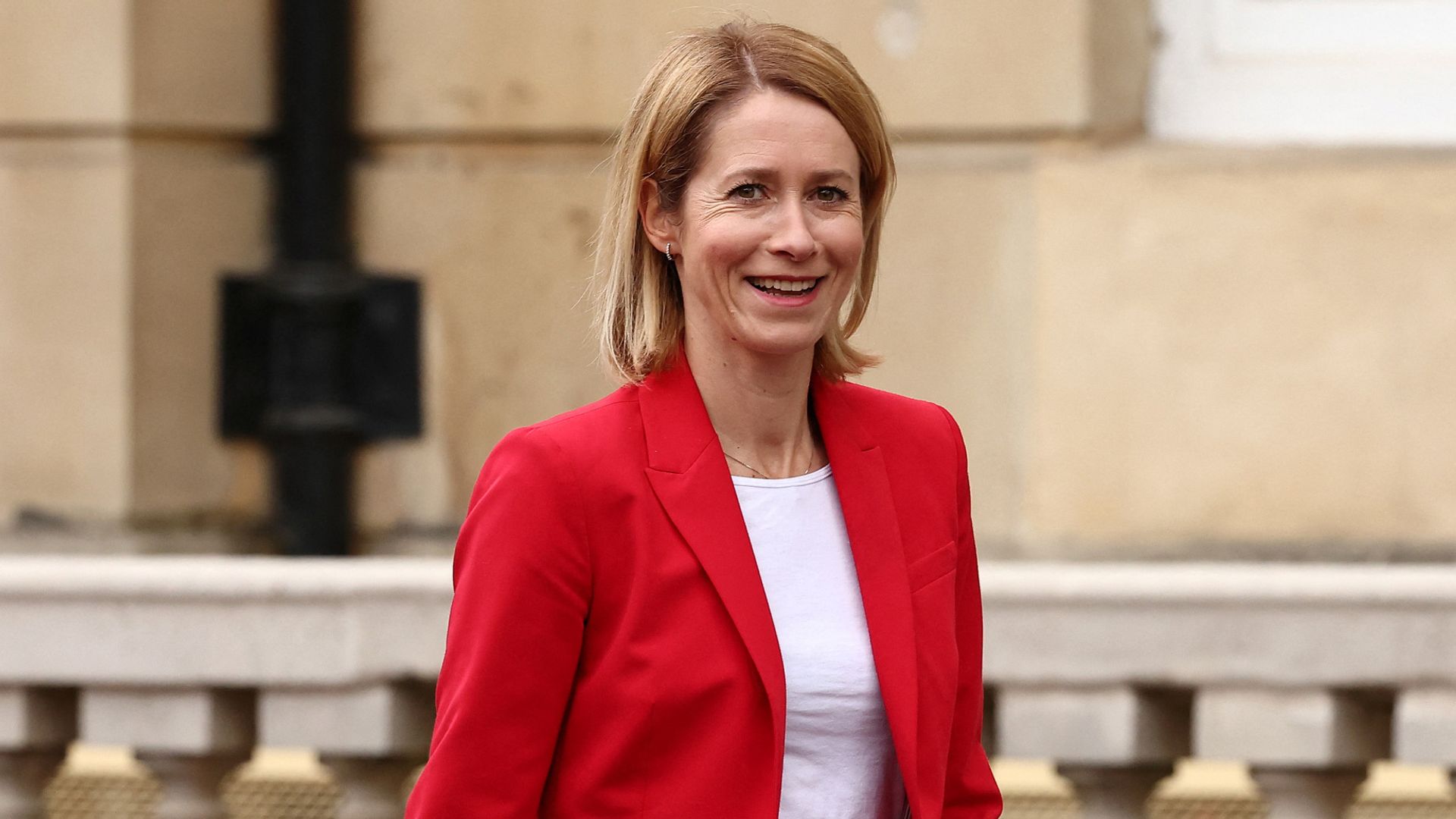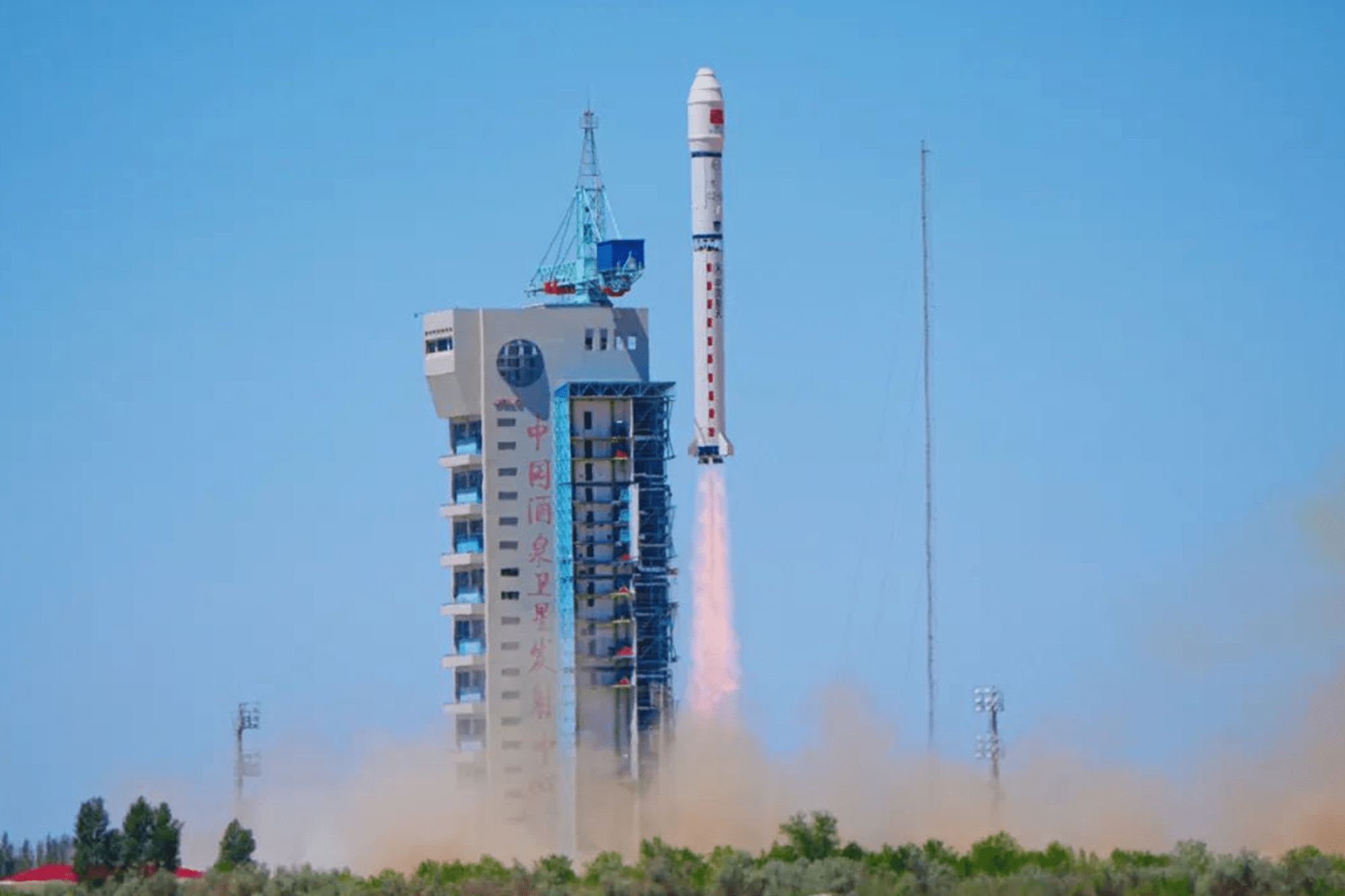Jewels linked to Buddha remains go to auction, sparking ethical debate
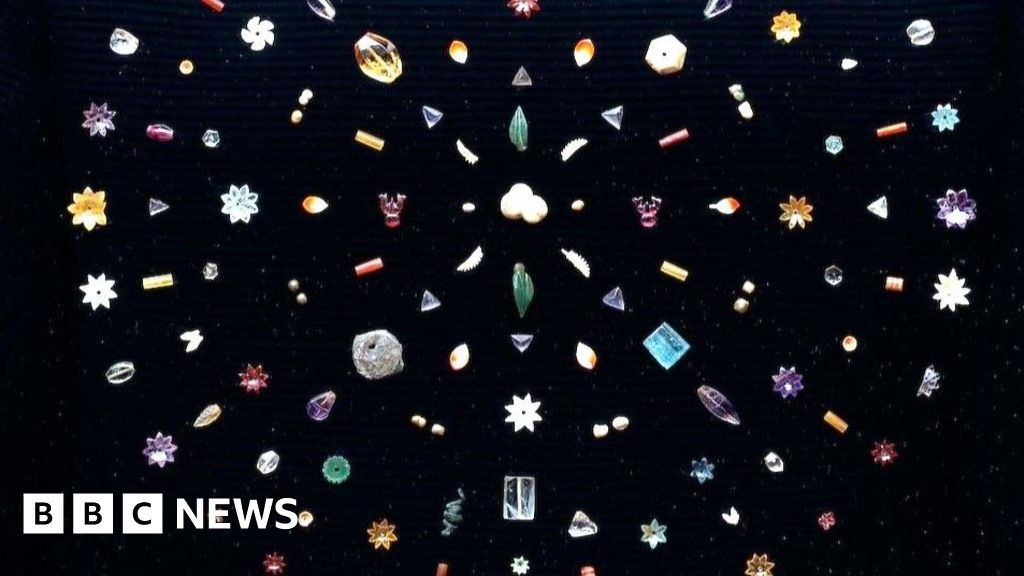
In a move that is sparking an intense ethical debate, Sotheby’s auction house is set to auction a set of jewels historically linked to the remains of Gautama Buddha. The collection, first unearthed in 1898, has been the subject of controversy ever since its discovery.
The artifacts, which include intricately designed gold and bronze ornaments, allegedly formed part of a relic casket believed to house the sacred remains of the Buddha. The casket was discovered in a stupa – a dome-shaped building erected as a Buddhist shrine – in the ancient city of Piprahwa, located in present-day Uttar Pradesh, India.
The Piprahwa relics, as they are commonly referred to, have generated considerable debate among historians, archaeologists, and religious scholars over the years. While some argue the artifacts are mere historical objects, others assert they hold significant religious and cultural value, making their sale a contentious issue.
The decision by Sotheby’s to put these artifacts up for auction has reignited these debates. Critics argue that the sale of such culturally significant items is ethically questionable and could set a dangerous precedent.
Dr. Meena Singh, a cultural anthropologist at the University of Delhi, expressed her concern, “The relics are not just artifacts. They are part of our shared human heritage and hold immense religious significance for millions of Buddhists worldwide. Selling them to the highest bidder is an affront to these sentiments and undermines the value of preserving our shared cultural heritage.”
However, proponents of the auction argue that selling the artifacts can help ensure their preservation. A spokesperson for Sotheby’s defended the decision, saying, “These jewels are part of a private collection. The auction process not only ensures they find a home where they are appreciated but also guarantees their safe preservation. Any assertion that this sale is disrespectful is unfounded.”
The Piprahwa relics’ provenance has also been a matter of dispute, further fueling the controversy surrounding the auction. Following their discovery in 1898 by British amateur archaeologist, William Claxton Peppe, questions regarding their authenticity arose. However, many scholars believe that inscriptions on the casket provide credible evidence that the relics are indeed linked to the Buddha.
The upcoming auction has raised concerns beyond the academic sphere, reaching into the political arena. Lawmakers in India, where the jewels were originally found, have called for their return. “The jewels belong to India. They are part of our national heritage, and we demand their return,” said Indian MP, Ravi Kumar.
Similarly, Buddhist organizations worldwide have expressed their dissatisfaction with the planned auction. The Global Buddhist Federation issued a statement saying, “The auctioning of the Piprahwa relics is deeply troubling. We strongly urge Sotheby’s to reconsider their decision.”
Despite the mounting criticism, Sotheby’s remains steadfast in its decision to proceed with the auction. The auction house has a history of selling culturally significant artifacts, and its experts ensure that all items sold comply with international cultural property laws.
The impending sale of the Buddha-linked jewels underscores the fine line between cultural preservation and commercial exploitation. As the debate continues, the global community watches in anticipation, waiting to see how this delicate issue will be resolved.

